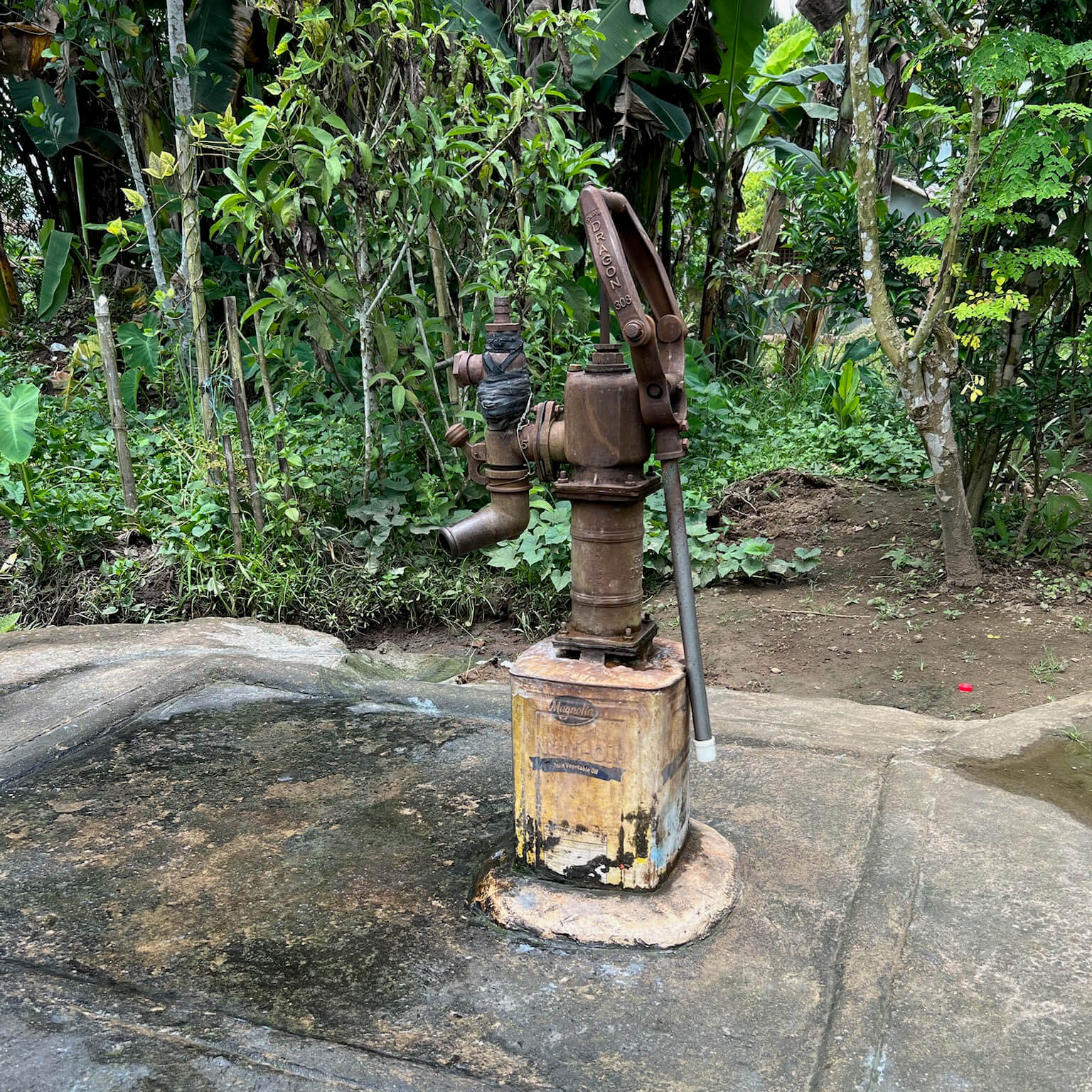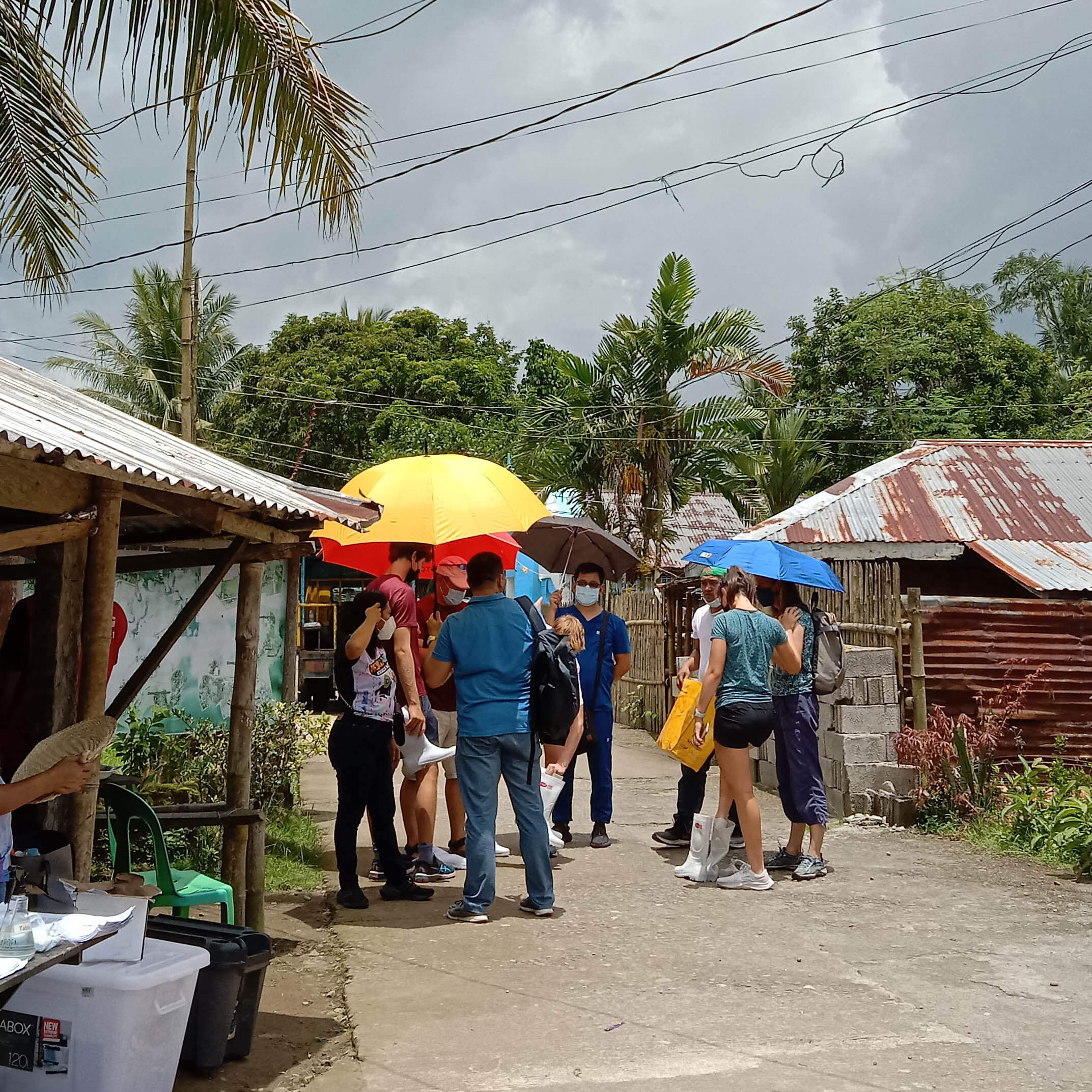Biomarkers to Identify Individuals at Risk for Progression of S. Japonicum Associated Hepatic Fibrosis with Point of Care Test Development
Principal Investigators: Jennifer Friedman & Mario Jiz
Lead Institution: Rhode Island Hospital Center for International Health Research at Brown University, USA
Sites
- Palo Research Laboratory, Philippines
- Research Institute of Tropical Medicine, Philippines
- Center for International Health Research, USA
Background
Currently, preventative chemotherapy strategies with Praziquantel (PZQ) are the mainstay of treatment for schistosomiasis, with “mass drug administration” (MDA) delivered annually or bi-annually. Importantly, there are no current recommendations to identify and more aggressively treat individuals with hepatic fibrosis in most regions, including The Philippines, leaving individuals to receive infrequent, if any, treatment. Currently, little is known with respect to risk factors for progression to higher grade portal fibrosis, including biomarkers to identify risk.
Scientific Aims
- Evaluate biomarkers that will identify individuals with S. japonicum associated hepatic fibrosis as diagnosed by ultrasound (US) at baseline as well as biomarkers that identify risk of progression from mild-moderate to higher grades as assessed by US annually for three years.
- Develop diagnostic tests to facilitate identification of high-risk individuals in the field who would ultimately benefit from more frequent treatment with PZQ or other treatment approaches.
Hypotheses
Individuals who experience progression of hepatic fibrosis will have distinct serum biomarkers that predict this progression over three years longitudinally. These biomarkers will be amenable to lateral flow point of care test development.
Design
This is a longitudinal cohort study designed to identify biomarkers at baseline that predict progression of hepatic fibrosis. We will evaluate 38 fibrosis biomarkers using Area Under the Curve Analyses to identify specific biomarkers and “cut offs” which accurately identify individuals with varying degrees of liver fibrosis. After excluding other causes of hepatic fibrosis, we will follow individuals longitudinally to identify serum biomarkers at baseline that predict risk for progression to hepatic fibrosis with portal hypertension in the ensuing three years. Lastly, we will develop diagnostic tests to facilitate identification of high-risk individuals in the field who would benefit from more frequent treatment with PZQ.





